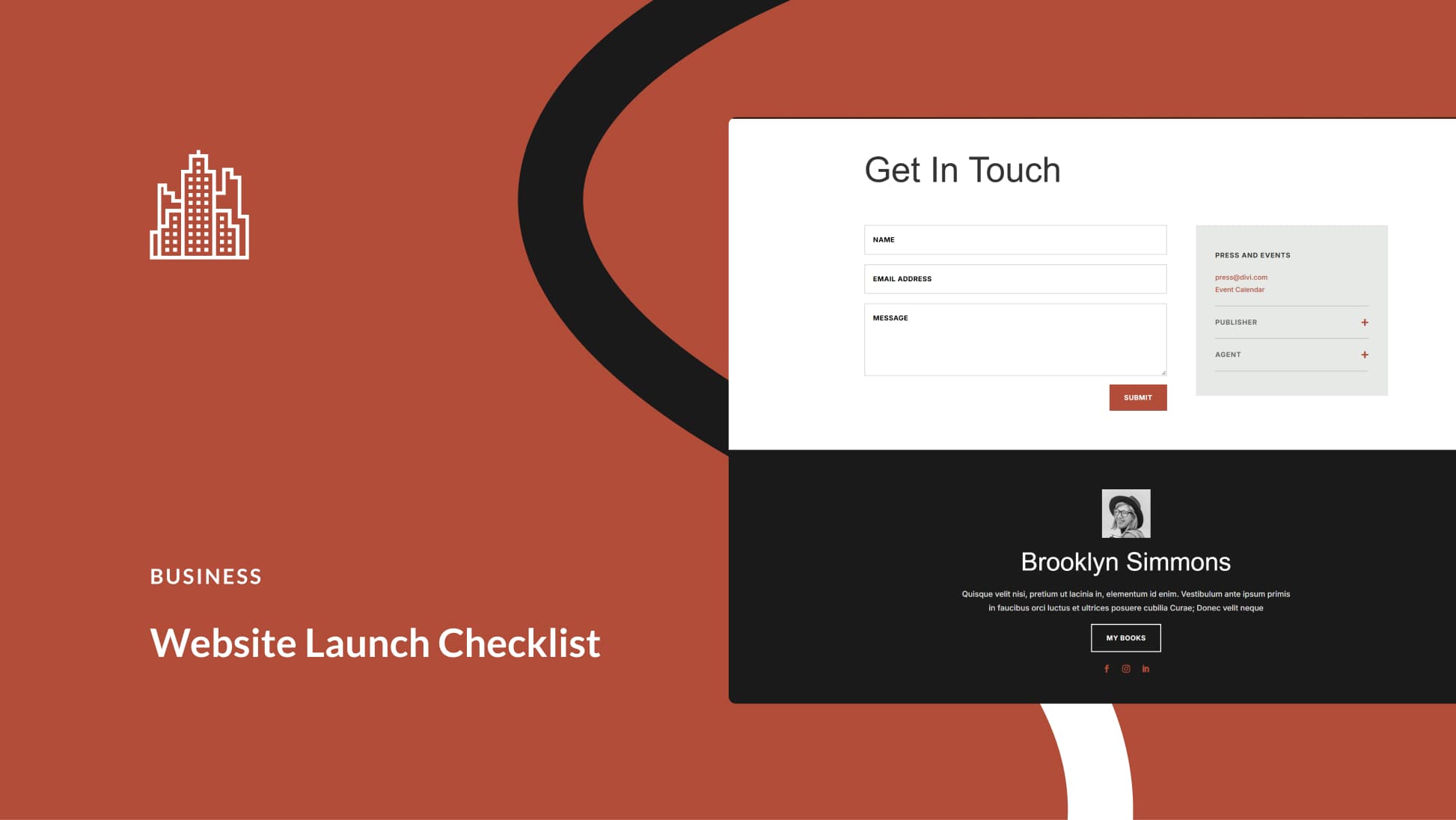Resumes lay out facts. They give prospective employers an idea of who you are through carefully chosen data points. Which is why they seldom tell the whole story. Another applicant might look better if you consider qualifications alone, but who you are also plays a massive role in hiring decisions. That’s what makes cover letters so important.
If your cover letter shows employers you’re the kind of person they want on their team, it can mean the difference between being ghosted or getting the job. In this article, we’ll discuss what this hiring tool is and why it’s important. Then we’ll go over what you should and shouldn’t include, and provide you with some templates to get started.
Let’s get to it!
What is a Cover Letter (And Why Does It Matter)?
You’re probably already familiar with the concept of cover letters. Many companies require you to submit one alongside your resume to apply for open positions. In most cases, it’s smart to go ahead and write one even if the application doesn’t mention it.
The numbers on cover letters are substantial. According to a study by Monster.com, they impact hiring decisions in up to 86% of cases. That includes online job applications, which are quickly becoming the norm. As for why they make such a big difference, we can boil it down to a few simple reasons:
- It enables you to show real interest in a position.
- You can demonstrate your communication skills.
- It helps set you apart from other applicants by giving insight into your personality.
Cover letters become even more important if you think there may be candidates with stronger resumes than yours. Without another way to share why you’d be a good fit for the role, you might not make it to the interview. This extra writing assignment might help you get a job you wouldn’t otherwise land.
What Should You Include in Your Cover Letter? (5 Key Elements)
Cover letters tend to follow very similar templates. That’s not necessarily a bad thing, as long as your writing, qualifications, and personality shine through. With that in mind, here are five elements every cover letter should include.
1. Your Contact Information
Most cover letters include your contact information at the top. That way, hiring managers can quickly reach out to you to follow up. This short blurb should include your full name, address, phone number, email address, and website.
Here’s a quick example:
“John Doe | Sometown, TX 11111 | (222) 222-2222 | [email protected] | www.example.com”
Some people format these details exactly as we have above, while others list them in the top left corner of the document. Including multiple phone numbers and email addresses can cause some confusion about the best method for reaching you. Keep your contact information concise, and then dive into the meat of your cover letter.
2. A Personalized Salutation
Right off the bat, you want to establish a personal connection with whoever’s reading your cover letter. Greeting them by name is a quick way to set yourself apart from generic applicants.
Ideally, you’ll look up who’s in charge of hiring at whichever business you’re applying to. After your contact information, you want to specify who you’re addressing the letter to in a professional greeting, like so:
“Dear Ms. Goodall,
I found out about this opening via your recent job listing, and I wanted to reach out and apply immediately.”
Notice this example launches right into the thick of the letter after the greeting. Cover letters should be concise, so you want to get to the point as soon as possible.
3. Qualifications that Make You Uniquely Suited to the Position
When trying to fill a position, companies want to be sure the person they hire can carry out all the responsibilities of the job. That means you need to highlight your qualifications, especially those that make you uniquely suited to the role you’re applying for.
It’s important to note that your resume will do a lot of the talking here. You don’t need to restate everything from that document in your cover letter. Instead, focus on any past positions, awards, degrees, or other continuing education that is particularly relevant to the job you’re applying for.
For instance, if you’re applying for a developer role at an agency, you might mention which programming languages you’re fluent in. You could also highlight a project that you’re particularly proud of. It’s okay to brag a little here. If you’re good at what you do, you’ll have plenty to show for it, so don’t undersell yourself.
4. Why You’re Interested in this Job
This part of a cover letter is your opportunity to let your personality shine. So far, we’ve talked about basic cover letter elements and your qualifications. That’s essential information, but very by-the-numbers.
Talking about why you want to join a specific company gives you the opportunity to show how you’ll fit into its culture. You might mention that you like working as part of a team, that you’re particularly interested in one of the business’ clients, or that you appreciate their mission.
What to include in this section will depend heavily on what type of job you’re applying for and what they’re looking for in a candidate. Detailed job listings will often include this information, so you want to tailor your response along those lines, while still being honest.
5. An Appropriate Closing
All that’s left now is to stick the landing with your closing. For this last part, you want to sound professional and re-iterate your interest in the position. Ideally, you’ll want to invite the reader to contact you, thank them for reviewing your application, then sign off like so:
“I look forward to discussing the prospect of joining your team. Thank you for your time, and feel free to contact me via email at [email protected].
Sincerely,
John Doe”
Cover letter closings don’t need to drag on. Including the fastest method for reaching you is a quick way to increase your chances of getting a response if your application catches a manager’s eye right away. Aside from that, keep it simple, and don’t panic while you wait for a response.
What Should You Avoid When Writing Your Cover Letter?
We’ve gone over all the “dos” of cover letters, so let’s devote a few minutes to the “don’ts”. First, keep in mind that a single corporate job opening can attract up to 250 resumes. That’s a lot of information for hiring managers to sort through, which is why overly long resumes and cover letters often end up at the bottom of the pile.
It’s easy to understand why you may want to write a lengthy cover letter. For some people, it’s the logical way to express a high level of interest. However, going on for too long can play against you when it comes to job openings. A single page is plenty of room to include all the essentials we listed above.
It’s also important to note that your cover letter isn’t the right place to air former workplace gripes. In most cases, bad-mouthing a past employer tells hiring managers you might be challenging to work with. Even if all your complaints are warranted, sharing them shows a high degree of unprofessionalism.
Finally, take this opportunity to tell prospective employers who you are. It can be easy to reuse the same cover letter for every opening you apply to, but it’s far better to write a new one for each potential job. Many managers will see right through a generic template.
Additionally, use your own words, maybe mention a hobby if you think it’s relevant, don’t be too formal, and keep things positive. It’s a tricky balance to pull off, but if you do, it can increase your chances of getting hired immensely.
Cover Letter Templates for Web Developers and Other Tech Professionals
We’ve covered a lot of information in this post. Sometimes, even with a list of dos and don’ts on hand, it’s helpful to see an example of what your final product should look like. Here are some terrific examples of cover letters for tech jobs in different areas, including:
If you look closely, you’ll notice each template includes all the elements we mentioned before. Even so, they’re each unique, which shows you that your application doesn’t have to be generic. Use these as inspiration for your next cover letter, but don’t forget to make it your own.
Conclusion
Hiring decisions don’t always come down to numbers. Statistics tell us that cover letters impact the majority of hiring decisions. If yours impresses the right person, you might skip ahead of the rest of the applicants.
The key to a successful cover letter is to make sure you include all of the following:
- Your contact information.
- A personalized greeting.
- What makes you uniquely qualified for the position.
- Why you’re interested in the job.
- An appropriate closing.
Do you have any questions about how to write the perfect cover letter? Let us know in the comments section below!
Article thumbnail image by VectorKnight / shutterstock.com









Thanks for this post. It is unexpected for Divi, but helpful for me. We are writing a book which, of course, means sending proposals which require cover letters. The info you included can easily be adapted and has some important aspects to consider.
what is the technical connection between cover letters and Divi that provoke such post in your blog?
Cover letters are a thing of the past, resumes also.
I’d not even consider a job that ‘spelt out’ that I needed a cover letter.
It shows a lack of imagination or character in a company who is stuck in 1970’s HR hiring practices. Resumes and cover letters are smoke and mirrors and tell you little about if a person can perform the job or fit into the company culture.
That’s cool; good luck with that!
I do not totally agree with you that cover letters are things of the past.